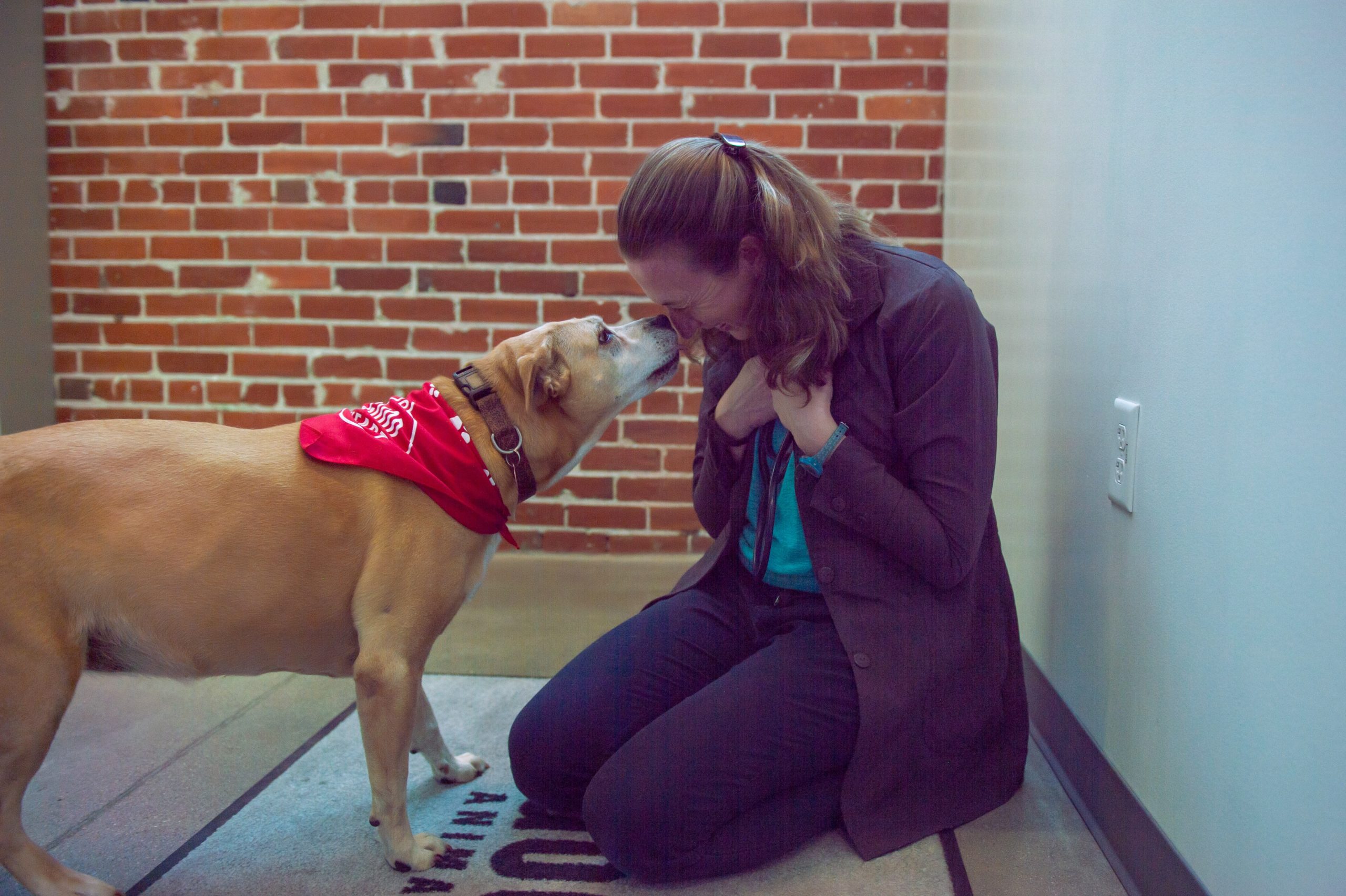1 min read

“One of the weirdest things a dog ever ate was a lot of leftover ham/ham bones after Thanksgiving dinner. It’s not that weird because it is food, so it makes sense he would want to eat it, but what is weird is the sheer volume he ate! He was very bloated, so we had to induce vomiting, and it made for a very memorable and gross vet visit!” –Dr Cassie Jensen, Goodheart Broadway
If you suspect your pet has eaten something they shouldn’t have eaten, don’t panic. Many pets eat toxins. We won’t judge you over the item or substance. Life happens. We’re here to help.
Step 1: Find the packaging.
It helps to have the product packaging so you can answer questions about ingredients. If you don’t have it, don’t worry – Goodheart and ASPCA can still help you out.
Your doctor can offer better solutions if he or she knows exactly what your pet ate or touched. Find the poison, toxin, chemical, or food packaging. Gather the following information:
-Active ingredient
-Percentage or concentration of active ingredient
-Size in ounces
For example, it helps to know the type of mouse poison your pet ate. This helps ensure your pet receives the correct, potentially life-saving treatment.

Step 2: Contact the ASPCA.
Goodheart recommends the ASPCA pet poison hotline over other hotlines. The team who answers the phone includes licensed veterinarians, veterinary technicians, and veterinary toxicologists.
ASPCA: (888) 426-4435
The hotline is open 24 hours a day, 365 days a year.
Step 3: Follow their instructions.
Do not induce vomiting in your pet unless told to do so. Caustic substances and chemicals can create more harm as your pet vomits.

Step 4: Save the case number and call Goodheart.
If needed, your veterinarian will call the helpline to discuss the treatment plan.
Step 5: Call us to tell us you’re on the way with your pet.
We’ll jump into action as soon as you arrive!

March is National Pet Poison Prevention Month. Yet, stay alert all year long. Keep these tips close at hand. And remember we’re here for you 24/7. Don’t hesitate to give us a call.

Know what to do should your cat or dog eat a poisonous human food, medicine, or house plant.
